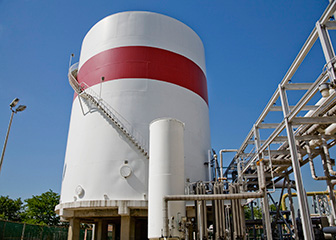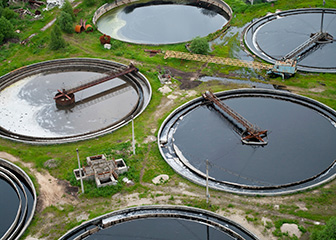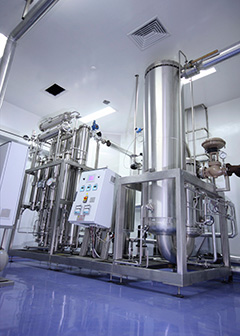How to Become a Water or Wastewater Treatment Plant and System Operator About this section

New workers manage basic systems under the guidance of an experienced operator.
Water and wastewater treatment plant and system operators typically need a high school diploma and are trained on the job.
Training
Water and wastewater treatment plant and system operators need long-term on-the-job training to become fully qualified. Trainees usually start as attendants or operators-in-training and learn their skills on the job under the direction of an experienced operator. The trainees learn by observing and doing routine tasks, such as recording meter readings, taking samples of wastewater and sludge, and doing simple maintenance and repair work on plant equipment.
Larger treatment plants generally combine this on-the-job training with formal classroom or self-paced study programs. As plants get larger and more complicated, operators need more skills before they are allowed to work without supervision.
Licenses
Water and wastewater treatment plant and system operators must be licensed by the state in which they work. Requirements and standards vary widely depending on the state.
States licenses typically have four levels, which depend on the operator's experience and training. Although some states will honor licenses from other states, operators who move from one state to another may need to take a new set of exams to become licensed in their new state.
Education
Water and wastewater treatment plant and system operators need a high school diploma or equivalent to become operators. Employers may prefer applicants who have completed a certificate or an associate’s degree program in water quality management or wastewater treatment technology, because the education minimizes the training a worker will need. Community colleges, technical schools, and trade associations offer these certificate or associate's degree programs.
Work Experience
Water and wastewater treatment plant and system operators typically need related work experience to become operators. They often gain experience working as trainees or in other lower level positions in the plant.
Advancement
Most states have four levels of licenses for water and wastewater treatment plant and system operators. Each increase in license level allows the operator to control a larger plant and more complicated processes without supervision.
At the largest plants, operators who have the highest license level work as shift supervisors and may be in charge of large teams of operators.
Important Qualities
Analytical skills. Water and wastewater treatment plant and system operators must conduct tests and inspections on water or wastewater and evaluate the results.
Detail oriented. Water and wastewater treatment plant and system operators must monitor machinery, gauges, dials, and controls to ensure everything is operating properly. Because tap water and wastewater are highly regulated by the U.S. Environmental Protection Agency, operators must be careful and thorough in completing these tasks.
Math skills. Water and wastewater treatment plant and system operators must have the ability to apply data to formulas that determine treatment requirements, flow levels, and concentration levels.
Mechanical skills. Water and wastewater treatment plant and system operators must know how to work with machines and use tools. They must be familiar with how to operate, repair, and maintain equipment.








